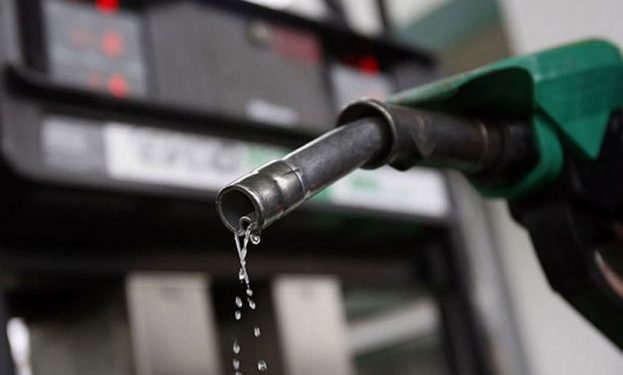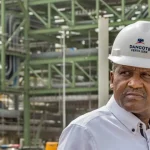Nigerian commuters and motorists face renewed challenges as the Nigerian National Petroleum Corporation Limited (NNPCL) has raised petrol prices in Lagos and Abuja for the third time in less than two months. Prices have jumped from N998 to N1,025 per litre in Lagos and from N1,030 to N1,050 per liter in Abuja.
In Lagos, NNPC retail outlets in areas such as Ikeja, Egbeda, Cement, and Dopemu are now selling petrol at N1,025 per liter. Similarly, filling stations in Abuja, including Wuse, Kuje, and Airport Road, have increased prices to N1,050 per liter.
This latest hike comes after over a month of price negotiations, during which NNPC began sourcing petrol from the Dangote Petroleum Refinery. On September 15, NNPC announced that it was purchasing petrol from the refinery at N898 per litre. However, this claim was contested by the refinery’s management, which labeled the pricing report as misleading, without disclosing the actual price.
Background
In September, NNPC revealed it was buying petrol from the Dangote Refinery at N898.78 per litre while selling it to marketers at N765.99 per litre, absorbing a subsidy of nearly N133 per litre. NNPC emphasized that this subsidy arrangement is no longer sustainable. Between September 15 and 30, NNPC lifted approximately 103 million litres of petrol from the Dangote Refinery. During this time, the refinery loaded 2,207 of the 3,621 trucks dispatched to it, transporting a total of 102,973,025 litres out of an intended 400 million litres.
Following this lifting, NNPC adjusted fuel prices across various locations in the country, reflecting the increased costs of procurement and the market dynamics.
Fuel queues continue to plague major Nigerian cities, complicating access for citizens. Although the situation has slightly improved since the September price increase, queues remain noticeable in parts of Lagos, Abuja, Ogun, and other states. Reports indicate that in some northern regions, petrol prices have exceeded N1,000 per litre, exacerbating the challenges faced by consumers.
The recent trend of rising fuel prices coincides with the government’s ongoing efforts to remove subsidies, a move that has prompted widespread concern among citizens and businesses alike. The gradual deregulation of the fuel sector aims to create a more sustainable model for petrol distribution, but it has also left many Nigerians feeling the financial pinch.
Experts warn that continued price increases may impact small and medium-sized enterprises (SMEs) across the country, particularly those relying heavily on fuel for transportation and operations. The persistent fuel shortages and rising costs threaten to escalate inflation, further straining the economic situation for many households and businesses.
As the government grapples with regulating petrol distribution and ensuring fair pricing, many Nigerians are left anxious about the future of fuel prices and their impact on daily life. The situation calls for urgent interventions to stabilize the market and provide relief to consumers, particularly small businesses that form the backbone of the economy.
In the face of these challenges, it remains crucial for stakeholders, including government agencies, regulators, and industry players, to collaborate effectively to navigate the complexities of the fuel market and support the economic stability of Nigeria.










